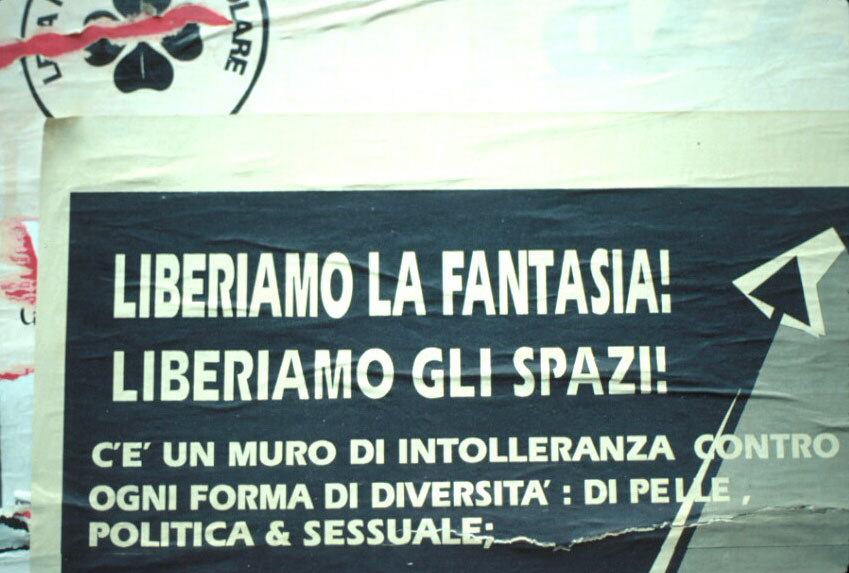A key to understanding our native spaciousness is that the process that establishes grammars is not arbitrary. We are already involved in ongoing social projects, languages, and forms of life that are not subject to our will in any simple way. Habits cannot be turned on a dime, meaning cannot be controlled, and the past is always already active. That social content has its own tensions, dynamisms and inertias which both shape and resist our activity even as they exist within that activity. There is no pure and empty subjectivity or community.
Social content is not something we possess the way a rock has its shape. Nor does social content exist as a simple possession plus an added layer of reflection. It exists within a process of active appropriation and interpretation. That process is not totally under our control, and yet it is in that process that we can be said to exercise our modern freedom.

Modern freedom especially concerns the creation of grammars and sets of possibilities, not just the choice of one among a set of pre-given possibilities. Yet, modern freedom does not come from some empty, distanced self that creates those grammars arbitrarily. This is the great problem, to think both the self-defining activity of individual and community, and its insertion in history and language, and place.
(c) David Kolb, 1 August 2001